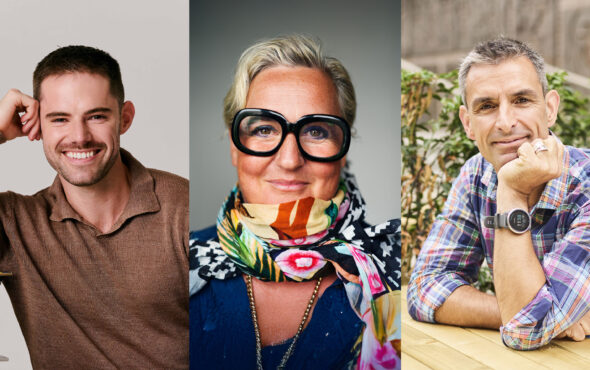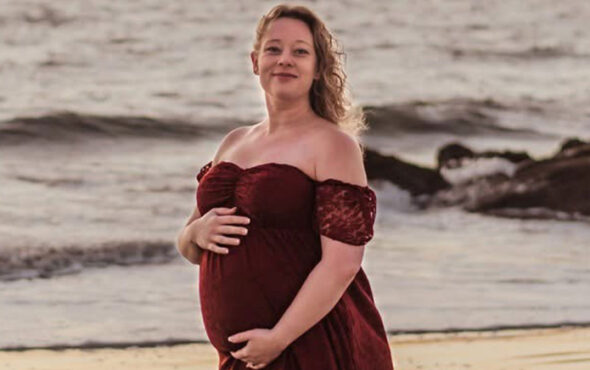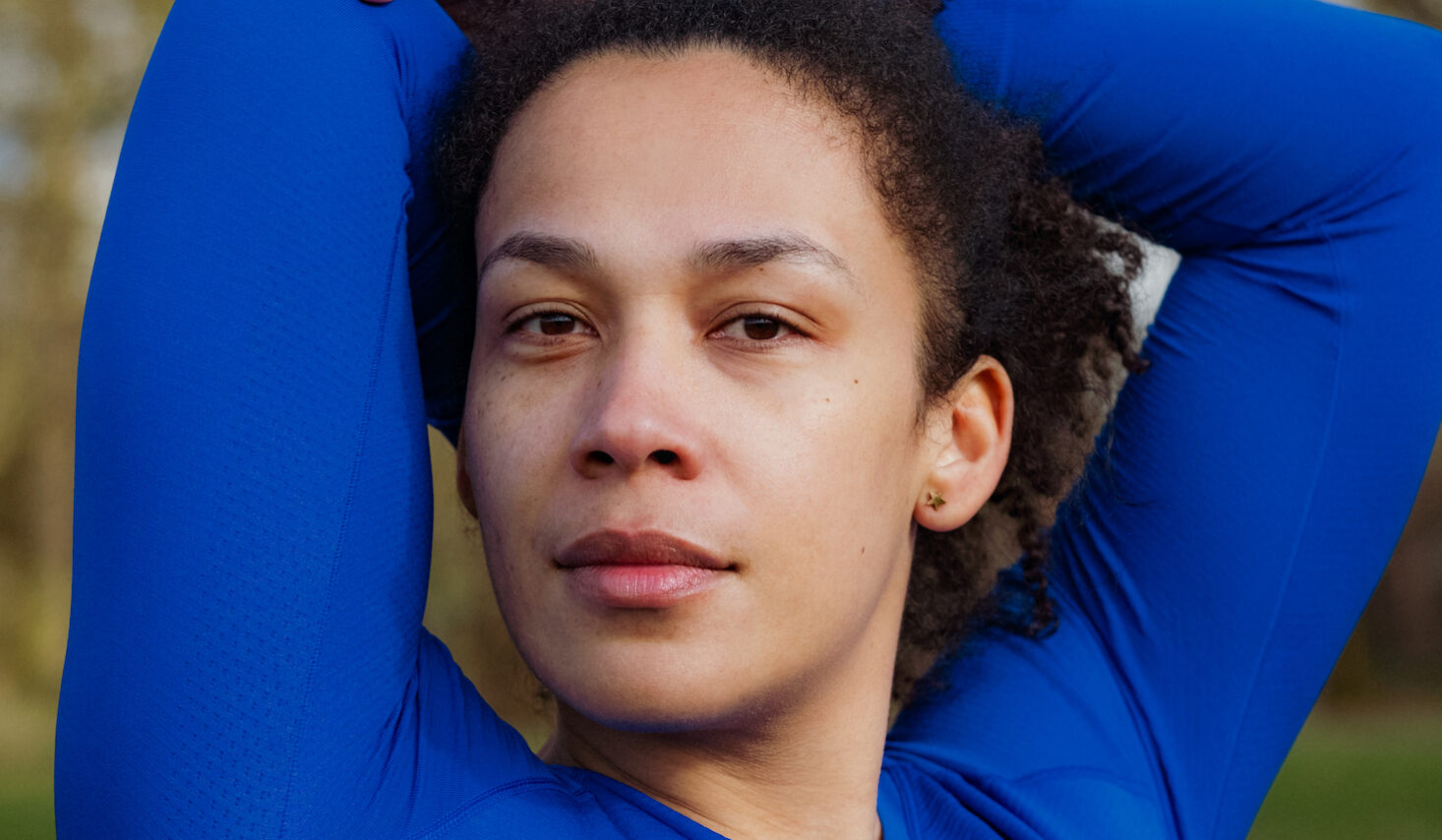
While social media has found new ways to connect humans across the globe, paradoxically, it seems like loneliness is the defining feeling of our times.
In 2023, the World Health Organisation declared loneliness a ‘global public health concern’ which can be as harmful for people’s health as smoking 15 cigarettes a day.
In the UK, according to official statistics, 7% of people report feeling lonely often or always. This figure increases sharply for those who are gay and lesbian (12%) and bisexual (16%), as well as for those whose gender identity is different from their sex registered at birth (19%).
In response to the isolation which so many people face in their day-to-day, folks have been lacing up their running shoes: data from Strava app and survey respondents, indicates a 59% increase in running club participation in 2024, with 58% of survey respondents saying that fitness groups helped them make new friends.
Running groups offer an opportunity to bring people together, fostering communities based around a shared love of running and movement as an antidote to isolation.
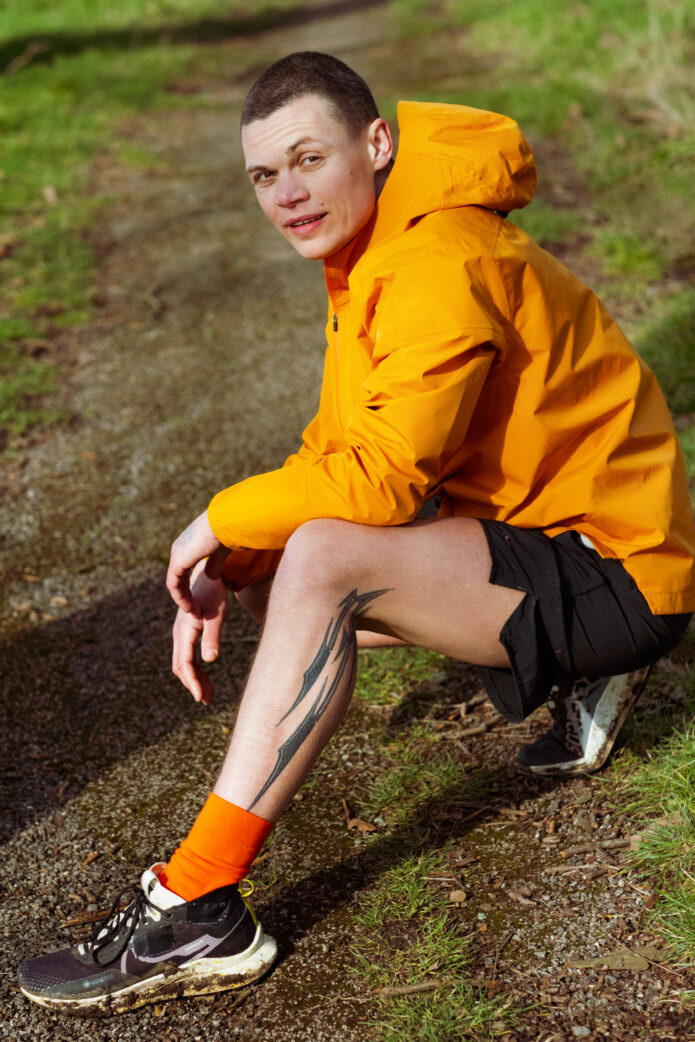
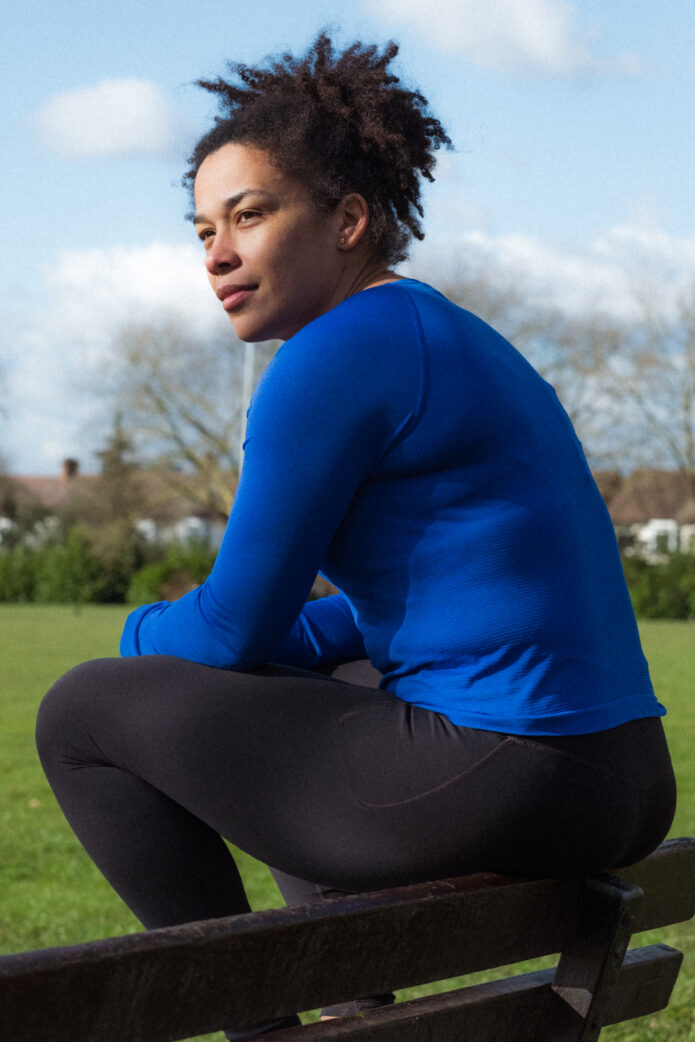
The importance of queer-focused running groups
However, queer and trans folks might be less likely to seek out these groups. While loneliness is a pressing issue in the community, research by the National LGBT Partnership in 2016 found that 56% of LGBT women, 55% of LGBT men, and 64% of non-binary LGBT folks were not active enough to maintain good health.
The reasons for this may be due to the perceived barriers to access, with research suggesting that queer and trans people might not feel like existing exercise facilities are inclusive spaces.
To combat this, several LGBTQIA+ specific running collectives have emerged – creating opportunities for queer and trans people to come together, move their bodies and help combat loneliness by finding community and new friends.
Dotted across the UK, these clubs are available in so many different cities: from Cardiff Foxes in Wales to Edinburgh Frontrunners in Scotland. Each group offers a space for all identities under the LGBTQIA+ umbrella to run and train without fear of homophobia and transphobia, and to meet people with similar outlooks and perspectives.
For more details on queer running clubs in your area, please consult Pride Sports.
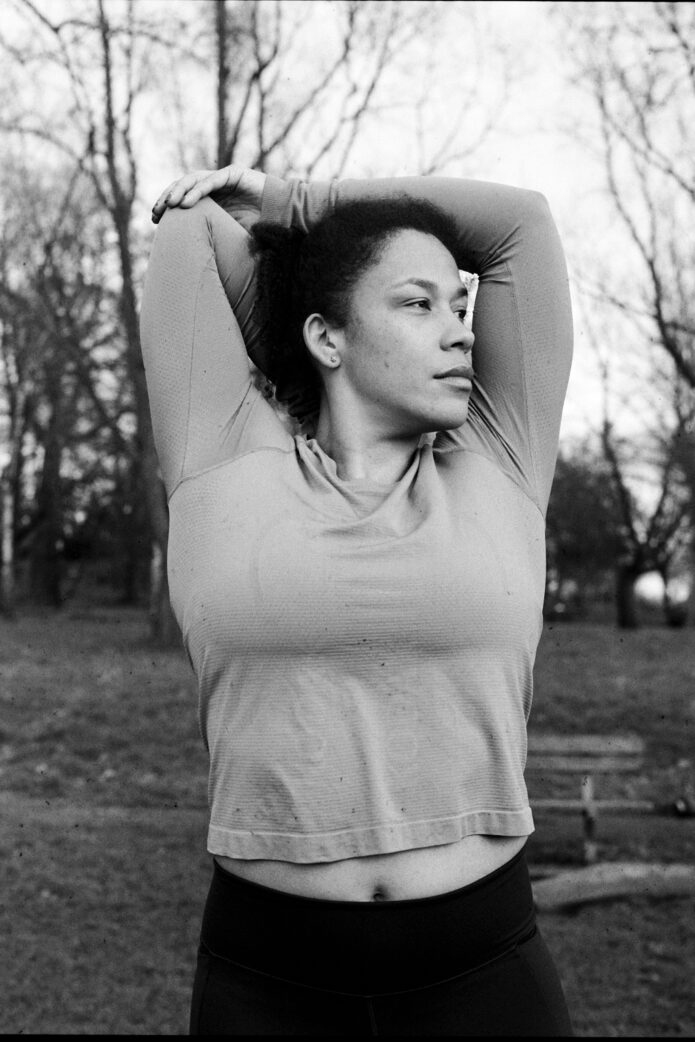
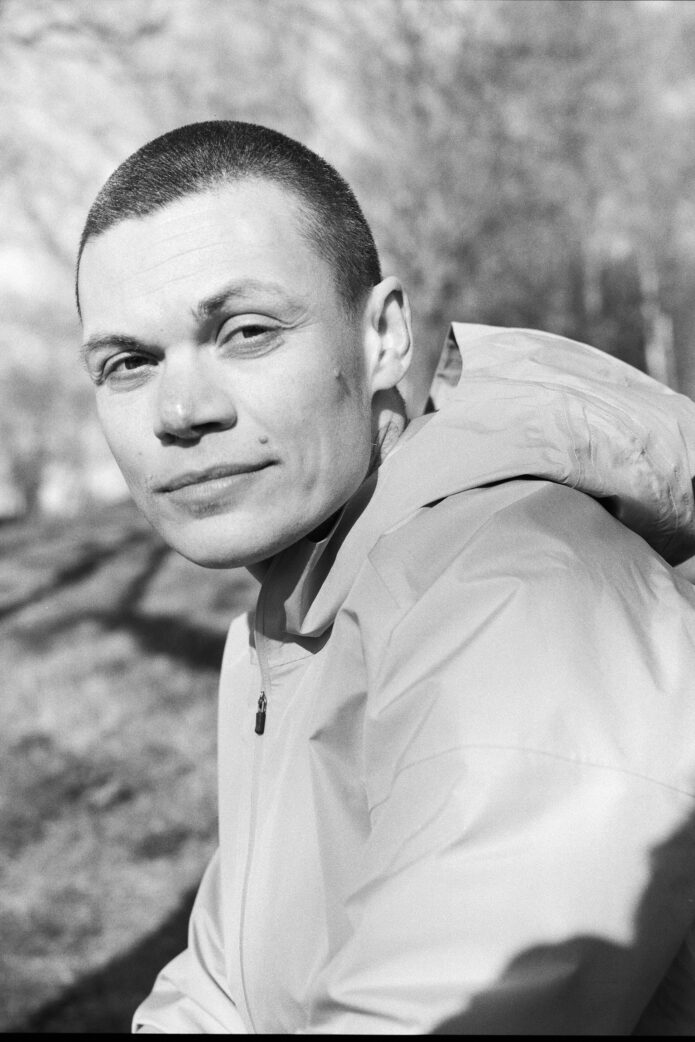
Queer running groups as a space for community connection
In London, a vibrant community has developed at Queer Running Club, a group which is hosted on the queer-focused, fitness booking platform BEND Movement.
BEND is co-founded by Georgie Okell, a fitness trainer whose work focuses on trans and queer inclusion. For Georgie, their running journey began as a “coping mechanism” and a way to improve their mental health.
Similarly, Emma Kirk-Odunubi is a coach and running analyst for whom running has been a major source of self-discovery. Following the death of her father, she explains that throwing herself into running “saved” her and provided an antidote to the grief she was dealing with.
In recent years, she’s turned to the sport as a way of exploring queerness. “I only came out 4 or 5 years ago. When I realised that was who I am, I sought out queer running groups, to have that relaxation in a space where you’re not putting on a front.”
For Georgie, there is still not sufficient trans inclusion in the running world – something which groups like the Queer Running Club are trying to change – but they note that running creates a unique opportunity for togetherness.
“I ran [the London Marathon] two years ago and I wore a t-shirt and I’d written on the back ‘trans rights are human rights’” they explain. “Everyone feels part of [the marathon] – if you’re there supporting, if you’re there running, you feel like a part of something so big.”
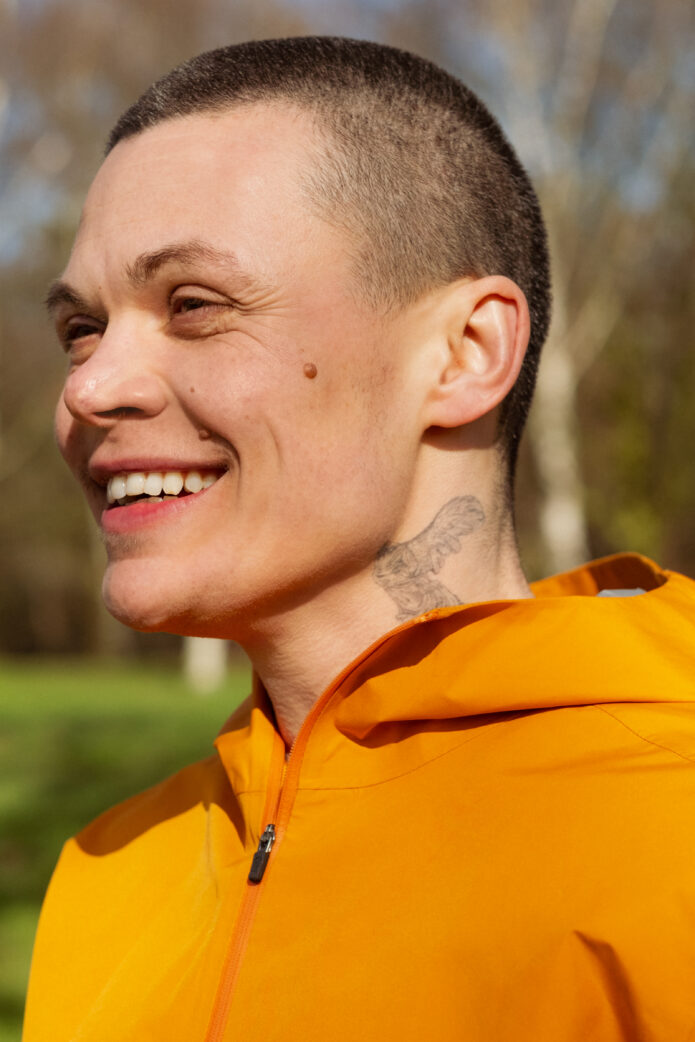
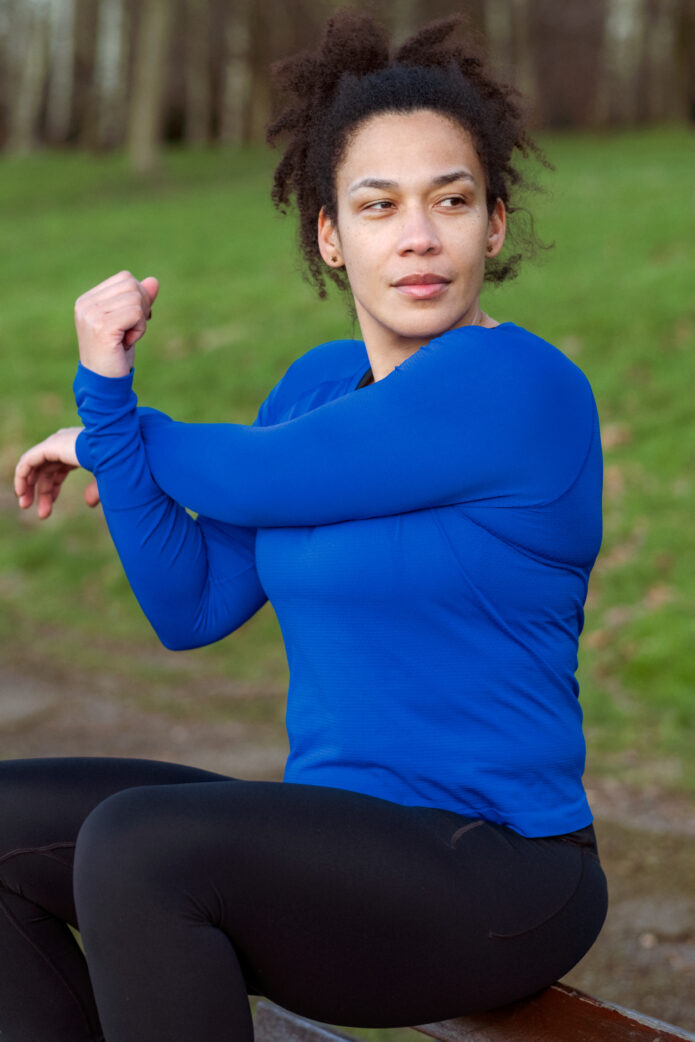
How Voltarol can support your queer running journey
Now, Emma is training for the London Marathon with Team Voltarol – but how can Voltarol help support you on your training journey by tackling pain?
While there are so many different aspects of training, one hurdle runners can face is that – alongside the dedication, perseverance and joy – there may be a bit of pain. From training through bad weather or going to new lengths in your training journey, your muscles and joints may start to ache or feel stiff.
As the official pain relief partner of London Marathon, Voltarol is here to help. Voltarol Gel provides up to 12 hours maximum strength pain relief for sprains, strains and sports injuries. (Voltarol Joint & Back Pain Relief 2.32% Gel. Contains diclofenac diethylammonium. Always read the label.)
